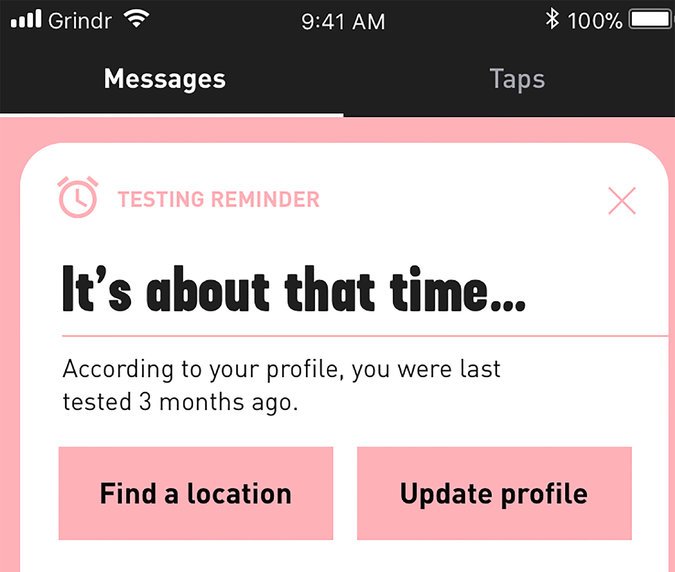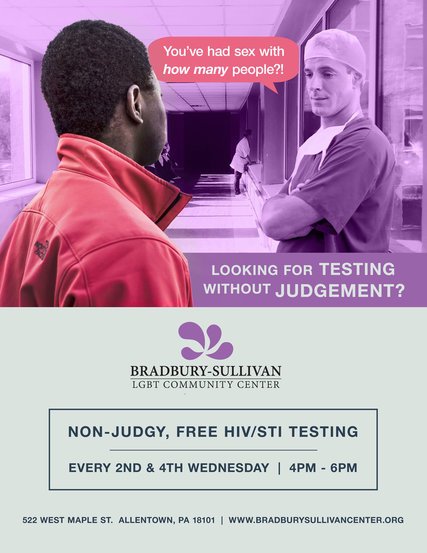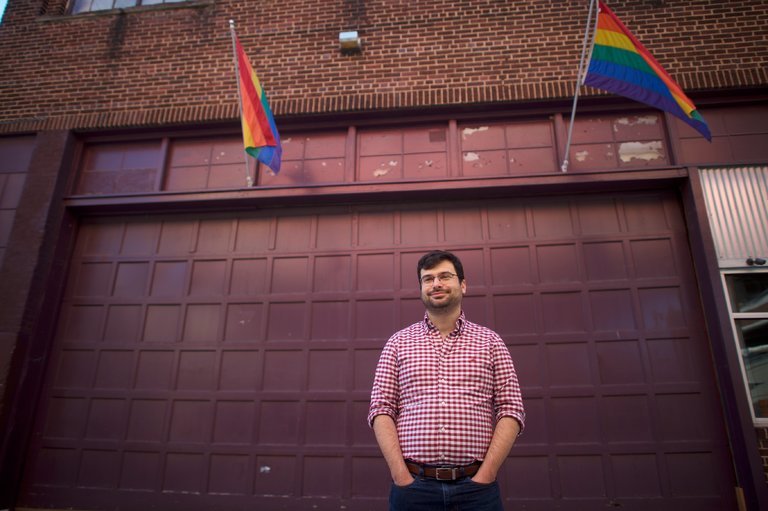Supported by
Health
Grindr App to Offer H.I.V. Test Reminders
In an effort to shrink the global AIDS epidemic, the world’s largest gay dating app is changing its software this week to urge millions of users to get frequent H.I.V. tests.
Grindr, which claims to have 3.3 million daily users from every country in the world, will send men who opt into the service a reminder every three to six months, and simultaneously point them to the nearest testing site. It will also let clinics, gay community centers and other testing sites advertise for free.
The company is making the move to “reduce H.I.V. transmission and support our whole community — regardless of H.I.V. status — in living long and fulfilling lives,” said Jack Harrison-Quintana, Grindr’s director for equality.
H.I.V. experts greeted the announcement enthusiastically.
“Wow — that’s great!” said Dr. Jeffrey D. Klausner, a former chief of sexually transmitted disease prevention in San Francisco who has used Grindr to promote testing. “For a company of this magnitude to do this is groundbreaking.”
Advertisement
Continue reading the main story
Perry N. Halkitis, dean of the Rutgers School of Public Health and an expert in gay male behavior, called the decision “excellent.”
Continue reading the main story
“This will ‘demedicalize’ testing and destigmatize it,” Dr. Halkitis said. “The more you make it normal, the more people are going to access it.”
Dr. Jonathan Mermin, chief of AIDS and sexually transmitted diseases at the Centers for Disease Control and Prevention, said many men who use location-based phone apps to find other men nearby seeking sex are considered at high risk of getting infected.
Therefore, “all effective efforts to increase testing are welcome,” he said of Grindr’s decision. “The more organizations and people involved in this effort, the better.”

The C.D.C. recommends that sexually active gay men get tested at least once a year, and those at highest risk — including those with many partners or who don’t use condoms and are not taking PrEP, a pill that prevents infection — get tested every three to six months.
In some venues, even more frequent testing is the norm. In California’s pornography industry, for example, actors in films where condoms are not used must test negative every two weeks.
More than 107,000 gay and bisexual men in this country have H.I.V. but don’t know it, Dr. Mermin said, and there is typically a three-year gap between the day they get infected and the day they find out.
Over that time, a man can spread the virus to dozens of partners; but a man who has been tested and takes his antiretroviral pills every day is at virtually zero risk of passing on the virus.
Advertisement
Continue reading the main story
Three years “is too long,” Dr. Mermin said. “Testing is good for people, and sound public health practice.”
Dr. Klausner has studied using Grindr to distribute H.I.V. home-test kits to gay black and Hispanic men, who are the country’s highest-risk group.
Newsletter Sign Up
Continue reading the main story
Please verify you're not a robot by clicking the box.
Invalid email address. Please re-enter.
You must select a newsletter to subscribe to.
Sign Up You agree to receive occasional updates and special offers for The New York Times's products and services.
Thank you for subscribing.
An error has occurred. Please try again later.
You are already subscribed to this email.
View all New York Times newsletters.
- See Sample
- Manage Email Preferences
- Not you?
- Privacy Policy
- Opt out or contact us anytime
Numerous studies, he said, have shown that reminders by text or phone can triple or even quadruple the chance that the recipient will get tested.
But few men, Mr. Harrison-Quintana said, will download health-oriented apps that make them feel shamed for missing a test.
“We tried to make it feel inviting,” he said, and opted for a “friendly, generally light color instead of a Red Cross that made people think about health.”

Dr. Halkitis predicted that other gay dating apps would soon imitate Grindr. Reminders could be especially effective, he said, if they appeared on apps that appeal to black men like Jack’d or Adam4Adam.
Mr. Harrison-Quintana said Grindr would welcome such imitation and not sue to stop it.
Grindr also encourages the use of pre-exposure prophylaxis, or PrEP, a daily pill that protects against the virus. Since 2016, the app has sent users two weekly messages asking them to consider it, and tells them where they can get a prescription.
To help gay men in the South and rural areas, who are much less likely than urbanites to find H.I.V. testing nearby, Grindr is working with CenterLink, which represents over 200 gay-oriented community centers around the country, many in remote areas.
Adrian Shanker, founder of the Bradbury-Sullivan LGBT Community Center in Allentown, Pa., said Grindr tested its service last year in his Lehigh Valley area, which is semirural and economically depressed.
Advertisement
Continue reading the main story
Mr. Shanker’s center sends out reminders with a picture of a sneering doctor in surgical scrubs asking a man: “You’ve had sex with how many people?” The reminder promises free, “non-judgy” testing.
Of the men who came in for tests, he said, 28 percent had never been tested before, and 46 percent had not been tested in more than a year.
“Those are very high numbers in a hard-to-reach population,” he said. “I attribute that to Grindr.”
Seven percent said they came in specifically because of a Grindr reminder, he said, and he suspected the real numbers were higher because some men don’t want to admit to using sex apps.
Mr. Harrison-Quintana said Grindr will offer reminders to users around the world, but it will take some time to build up a database of testing sites.
For example, he said, because of homophobia in Russia, Egypt, Sudan and Indonesia, it has none in those countries.
Correction: March 28, 2018
An earlier version of this article referred incorrectly to services provided by the gay dating app Hornet. The app has offered H.I.V.-testing reminders to its users since 2012. It is not the case that it has yet to offer such a service.
Like the Science Times page on Facebook. | Follow @NYTHealth on Twitter.
A version of this article appears in print on March 27, 2018, on Page D6 of the New York edition with the headline: Gay Dating App to Offer H.I.V. Test Reminders. Order Reprints| Today's Paper|Subscribe
Continue reading the main story Read the Original Article






























